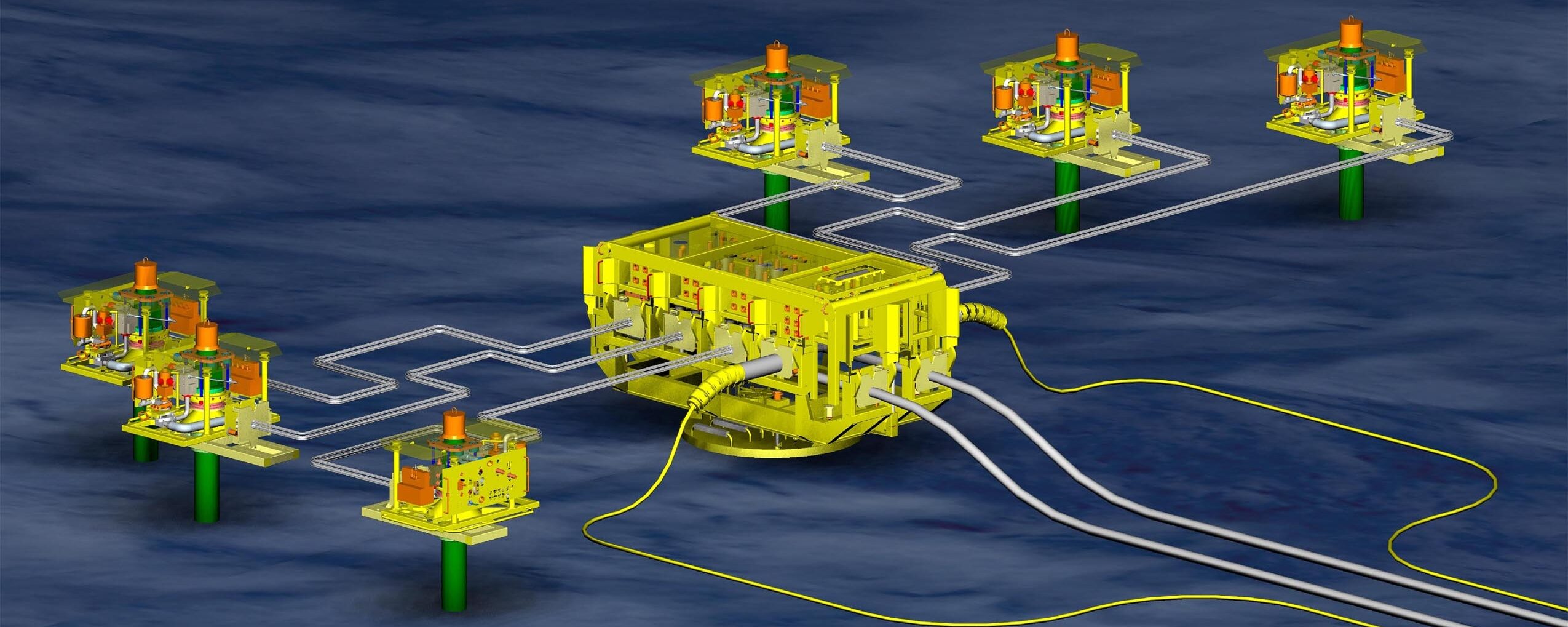Back in January, I was cc’d into an exchange of emails that was begun by Brian Skeels, former FMC subsea hardware guru whose career with the production system supplier goes way back before the merger with Technip. He is now a TFMC ‘technology fellow’ which I presume means he is retired, but they still pick his brains when necessary. He has also, like any number of his technical contemporaries, wanted to pass on his knowledge and experience through teaching at the university level. For him, it was at the University of Houston.
In his missive, Brian revealed that he was more than a bit taken aback to learn that the UH subsea engineering course had been suspended due to numbers falling below the minimum – four to be exact – to make the course viable. With his usual sense of curiousity, he wondered if this was happening elsewhere in the university engineering world. The short answer is both yes and no.
With my journalistic nose in the air, I went off in search some numbers for UK universities and they don’t make very encouraging reading, especially for a country that is supposedly trying to encourage students, both male and female, into the STEM subjects. I have to say that while the three main Scottish higher education establishment known for their offshore engineering courses, ie University of Aberdeen, Robert Gordon’s University and University of Strathclyde were very forthcoming about their course numbers, similar institutions south of the border, ie Newcastle University, Cranfield and Imperial College were not so helpful. So I will admit to a slightly Scottish bias to the data, although more general numbers comes from the Higher Education Statistics Agency.
While the numbers for students at all levels for the last three years (total=185,000) seem reasonably healthy, those at the post-graduate level are of serious concern. Almost 70% of the current 51,000 post-grads are non-UK citizens and most of those are from non-EU countries. So the question is, where will the next generation of subsea and offshore engineers come from? Having withdrawn from the EU and making almost everyone from outside our borders unwelcome, there is no reason for any of these post-grads to even attempt to stay here to work. Why not go home and work in their own sectors close to family and friends?
The good news is there are lots of students taking up engineering courses related to the energy transition and renewables with several, RGU in particular, only recently establishing two new engineering MSc courses in renewable engineering and engineering management. I am not advocating abandoning oil and gas engineering and certainly not subsea which should have a significant future. But it is incumbent on the next generation to cover all bases in hydrocarbon and renewable-related engineering.
The most curious deficit is in marine renewables. I had always thought, going back more than two decades now when I was involved in setting up the renewables newsletter ReNews, that the significant subsea engineering expertise here would lead to a considerable technical advantage in wave, current and tidal devices. This had not been the case, partly the result of uncertainty over the economics and partly to do with government policy. Pity. I had imagined flocks of subsea ‘nodding donkeys’ gathering energy from our waters. Maybe maňana.




